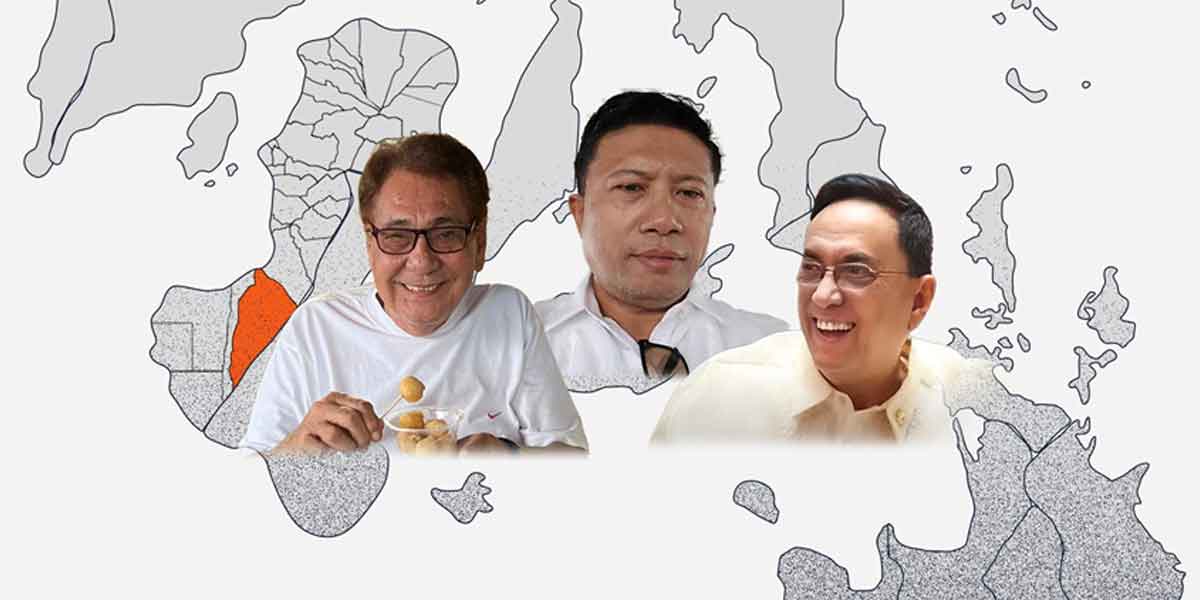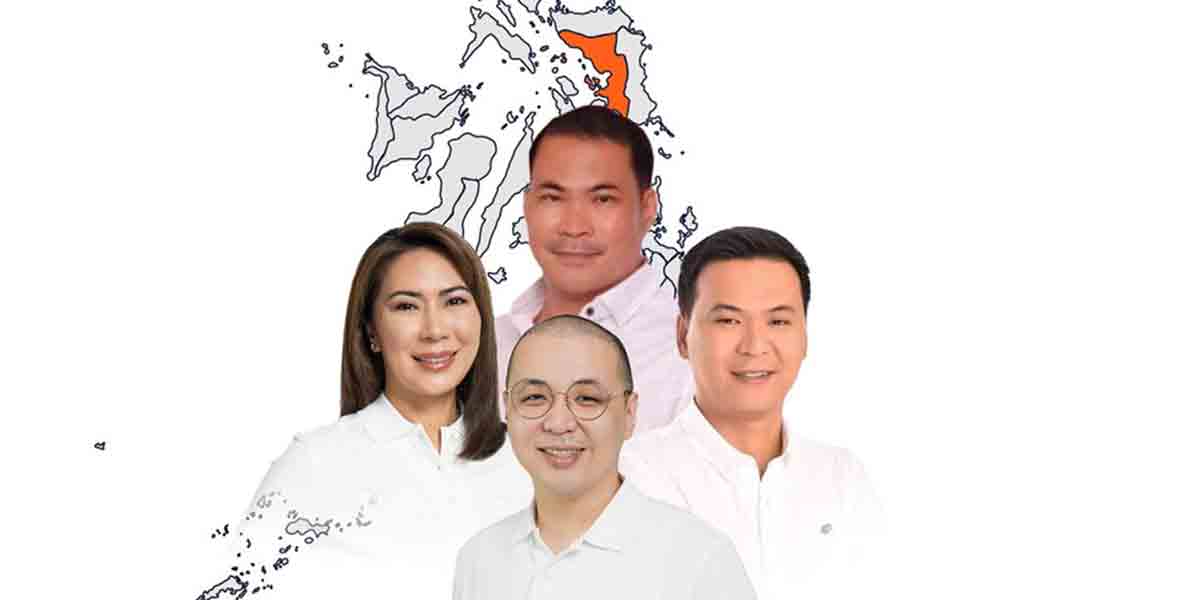 By John Carlo Tria
By John Carlo Tria
Yes, as they have many times before. We have been through SARS, MERS COV, Dengue. Even the Iran conflict retreated from feared armageddon and the fires in Australia stopped burning. All within the month of January. Thus, no matter how disruptive the situation may be, things always taper off or cease.
Yet may people still feel the need to pander to notions of a doomsday scenario and decide to feel helpless in the face of these threats and happenings. Like they are drowing in their fear.
Nonetheless, the Senate hearing called by Senator Bong Go of the Senate Health Committee on the Ncov revealed our resolve to overcome these beliefs and hope for the best.
During the said hearing Finance Secretary Carlos Dominguez III said that the Philippine economy would be able to sustain its growth momentum this year despite the challenges posed by the novel coronavirus (nCoV), the African Swine Fever (ASF) and the eruption of Taal Volcano.
He said that the economic team stands by its target of attaining a gross domestic product (GDP) growth rate of 6.5 to 7.5 percent despite this, as predicted by some economists. The last quarter 2019 6.4% GDP performance is to be the benchmark for sets the stage for the rest of the years numbers.
I believe there are good reasons for this. For one, our local consumption will enable us to continue driving demand for commodities and other products, especially food, that we can produce. Lower demand for fuel may even drive oil prices down.
Likewise, a reduction in foreign travel may force Pinoys to travel within the Philippines rathern than abroad due to fears of the virus.
In the hearing, Dominguez said that our experience during the previous outbreaks of the Severe Acute Respiratory Syndrome (SARS), H1N1, and the Middle East Respiratory Syndrome (MERSCoV) might show nCoVs impact on our economy.
During the SARS episode in 2003, he said, tourist arrivals to the Philippines dropped by 1.3 percent, from 1.93 million in 2002 to 1.90 million in 2003, but rebounded quickly the following year, with arrivals increasing 20.1 percent to 2.3 million visitors.
I will expect us to experience a slight decline in exports such as electronics and auto parts, since demand in China may decrease. Note that China is now our top trading partner when you include Hongkong, and is ASEANs top trading partner. Any decrease in its economic growth will have an effect all over asia.
To deal with these disruptions an imperative, or necessity, if you will is to strengthen agriculture to allow us to continue meeting the food demand, if not lowering food prices to keep inflation down. If agriculture grows at 2% as hoped for in 2020, expect farmer incomes to rise as it meets demand that may not be filled with imports, fears about the virus latching on to imported food products may persist. Thus, the need for local supply of various commodities to be ramped up.
For those asking me about the effect of the discovered African Swine Flu (ASF) infection in Davao Occidental, we laud the efforts of the local government and the Department of Agriculture to quickly impose a lockdown and to prevent pigs from reaching Davao. Yet vigilance against unscrupulous producers, who will take advantage of the situation to raise prices unfairly, must remain.
Moving forward, the efforts of a wide range of stakeholders must be strong to prevent the spread of the disease to our pig farms. Note that 75% of the almost one million hogs in the Davao region are backyard raised. We must find ways for these raisers to avoid swill feeding, which is a key transmission pathway of the ASF virus.
As previous outbreaks have been contained, we know that these current ones will pass too as efforts will eventually bear fruit, as they have in the past. What matters now is that new protocols to deal with outbreaks are learned and adapted.
(This article was first published in EDGE DAVAO on Feb 16, 2020. For reactions: facebook.com/johntriapage)
























